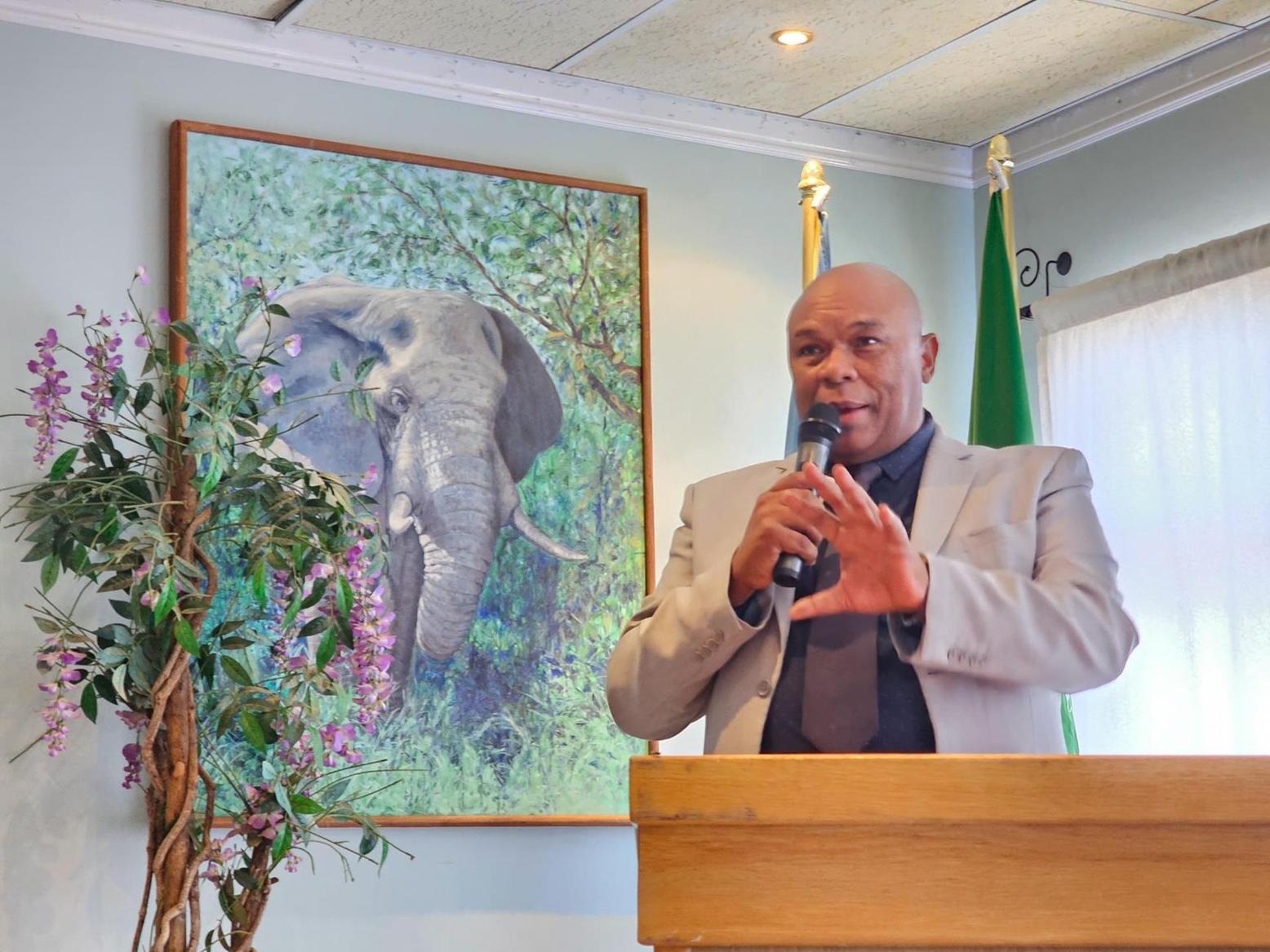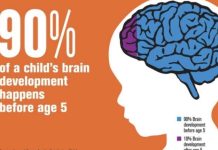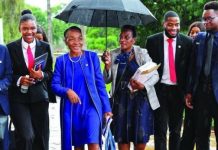Africa-Press – Namibia. Traditional leaders in the //Kharas and Hardap regions have expressed strong support for the upcoming commemoration of the first Genocide Remembrance Day.
The commemoration is slated for 28 May.
Charles Eiseb, the team leader of the affected communities at the negotiating table, revealed this to New Era in an interview last week, saying the leaders accepted 100% of the plans presented to them and appreciated the initiative by the President and Vice President to formally inform them.
Eiseb said from the meeting held, the traditional chiefs have appreciated the efforts by Vice President Lucia Witbooi, particularly valuing being informed in person rather than through the media.
He said based on his observation from the two regions he attended and facilitated, traditional leaders from the //Kharas and Hardap regions have warmly welcomed the announcement of the first official Genocide Remembrance.
Witbooi has begun consultations with traditional leaders across the country to formally announce the upcoming national Genocide Remembrance Day.
The initiative follows a proclamation signed last year by former president Nangolo Mbumba to recognise and remember the atrocities committed during the colonial period, particularly the genocides against the Ovaherero and Nama.
One of the key stops on Witbooi’s tour was Keetmanshoop, where she met with leaders from the //Kharas and Hardap regions.
It was highly appreciated that the Vice President came herself to deliver the message, rather than hearing it through the media,” said Eiseb.
He said the consultative meeting was not only a formal briefing but also a space for the communities to begin planning how they will take part in the historic day.
The team leader said the leaders proposed a variety of cultural activities to mark the occasion, including traditional horseriding, music performances, poetry, drama, dances and mobile art exhibitions.
According to Eiseb, while the Nama community does not have specific rituals, they suggested creative expressions such as poems and dramatic performances.
The Ovaherero plan to include their sacred rituals, such as the holy fire, as part of the remembrance.
Eiseb said the session held in Keetmanshoop allowed the two regions to split into discussion groups to plan their contributions.
“Excitement was evident among community members, and leaders expect a large turnout for the event. If Independence Stadium is used, it will overflow,” he said.
The team leader said the official programme in Keetmanshoop began with traditional ceremonies, national anthems, and a moment of silence to honour significant historical dates.
Reviewing the dates, on 22 April 1905, a decree of extermination was issued against the Nama, while a similar order was given against the Ovaherero people on 2 October 1904.
These events are central to Namibia’s recognition of its tragic past, but not only affected groups.
He explained that the 28th of May was chosen as a neutral date for all communities affected by the genocide, as it marks the day colonial authorities ordered the closure of the so-called consolidation camps.
The final venue for the commemoration in Windhoek has not yet been confirmed. However, the preparations indicate that the event will be both solemn and celebratory, honouring the memory of those lost while uniting communities in remembrance and healing. The commemoration is aimed at bringing together all affected communities for a unified, national remembrance.
While the venue for the Windhoek commemoration is still being finalised, preparations are well-underway across the country, with local leaders actively shaping the tone and spirit of the day.
For More News And Analysis About Namibia Follow Africa-Press






